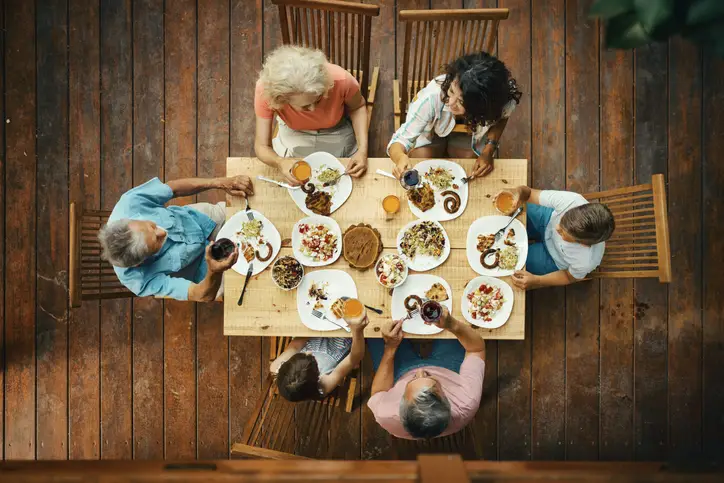Alcohol consumption is linked to many cancers; however, research studies have been mixed in linking alcohol directly to non-small cell lung cancer (NSCLC). Smoking cigarettes may accompany drinking as a behavioral habit, so it could be indirectly linked to lung cancer–but alcohol consumption can still have an effect on your health during your treatment.
Your lung cancer diagnosis may be life-changing, regardless of whether you’re a smoker or a non-smoker who is struggling with the disease. It’s important to understand your risk during treatment, and the role that alcohol could have during that time.
Drinking can lead to inflammation.
Studies conducted by the Division of Metabolism and Health Effects at the National Institute on Alcohol Abuse and Alcoholism have shown evidence that drinking alcohol can increase inflammation throughout the body, beyond just the area of the lungs. If that inflammation causes chronic swelling, it can lead to oxidative stress and further damage your lungs.
Chemotherapy and alcohol don’t mix.
Some of the drugs used for chemotherapy treatment are broken down in your liver. If you’re consuming too much alcohol, it can cause swelling in that same area of the liver. Additional side effects from drinking during chemotherapy treatment include nausea, dehydration, and mouth sores.
Make sure to talk to your oncologist before drinking any alcohol after your diagnosis and before you start treatment, and be prepared that they may tell you not to drink at all moving forward.
Alcohol can interfere with healing.
Once you’ve finished your lung cancer treatment, make sure to talk to your doctor before jumping back into any alcohol consumption. Alcohol of any kind can slow down the healing process after treatment, and even break down your immune system’s defense mechanisms against infection even more – especially if you’re still weak from chemotherapy treatment.
Find another way.
Giving up alcohol can be a significant life change, one you might not want to give up. Find other avenues for staying hydrated, from fruit juices to smoothies, and make sure you drink enough water each day to stay hydrated. If you were considered a heavy drinker pre-diagnosis, you might lose even more weight during your treatment, so make sure to pay extra attention to what you eat and drink moving forward.
If you have questions about alcohol consumption as well as your treatment options, side effects or symptoms, you can connect with an Outcomes4Me oncology nurse practitioner at no charge through the Outcomes4Me app, using the “Ask Outcomes4Me” button.



